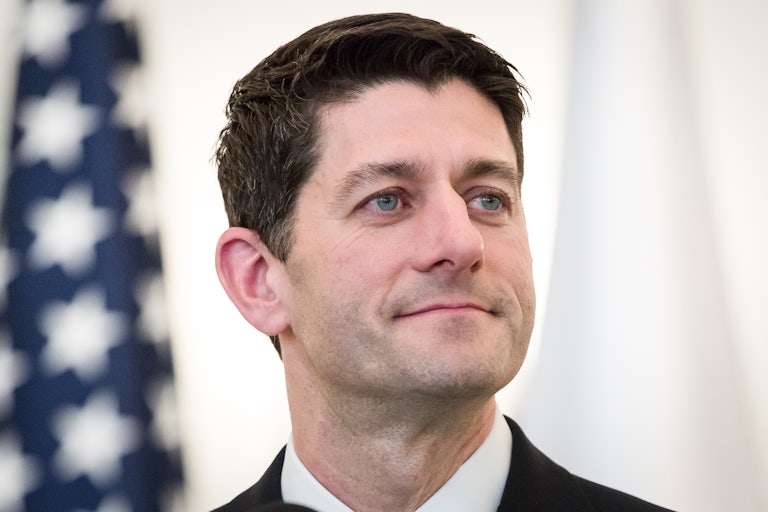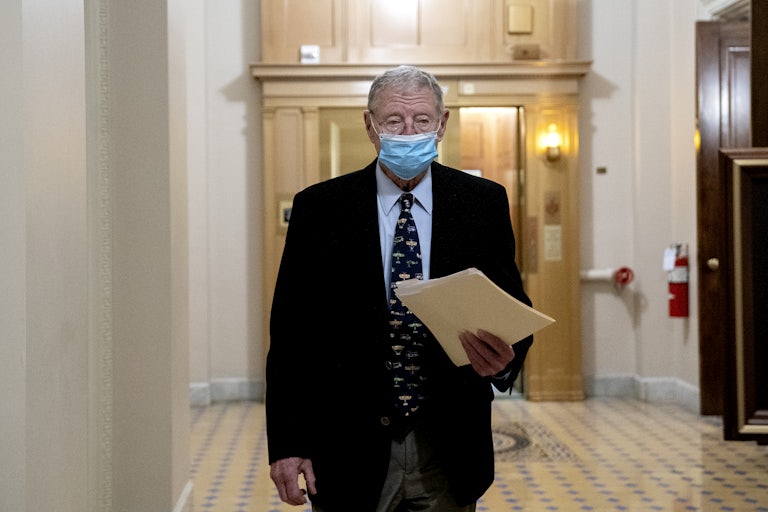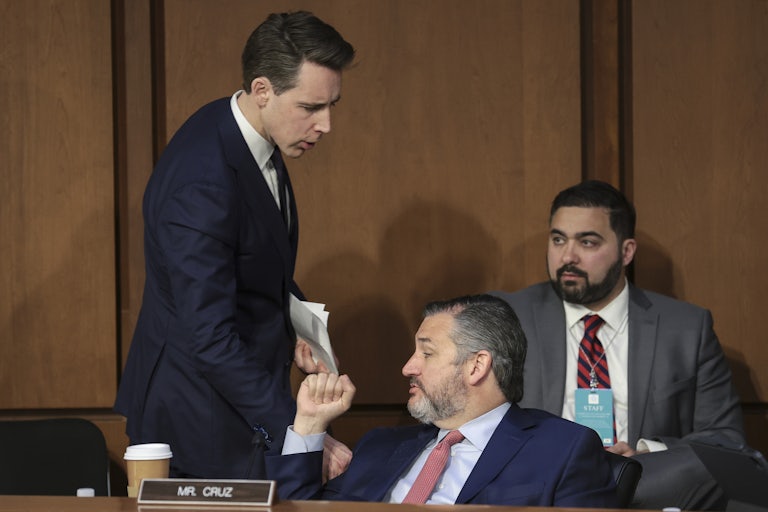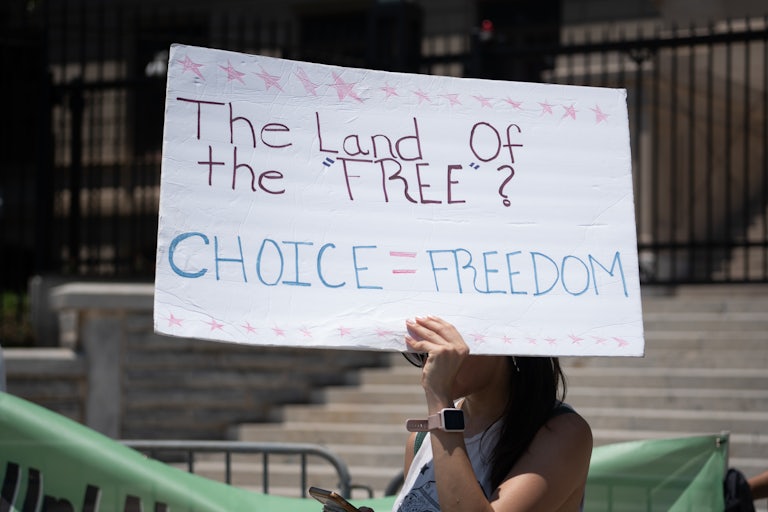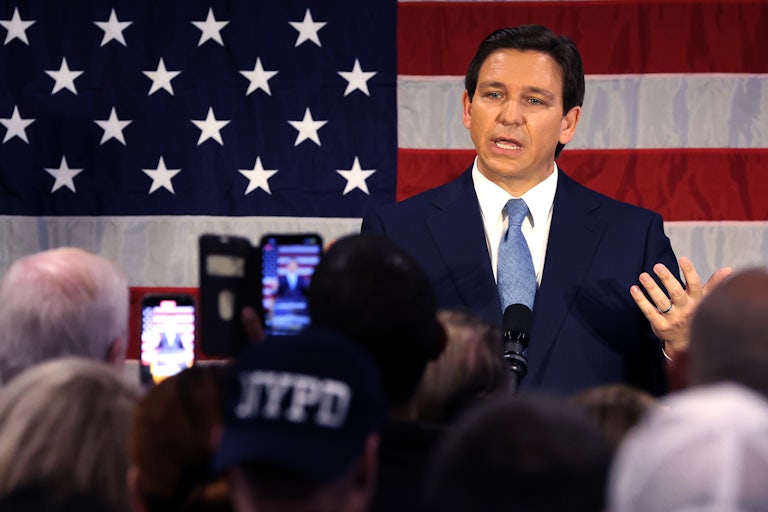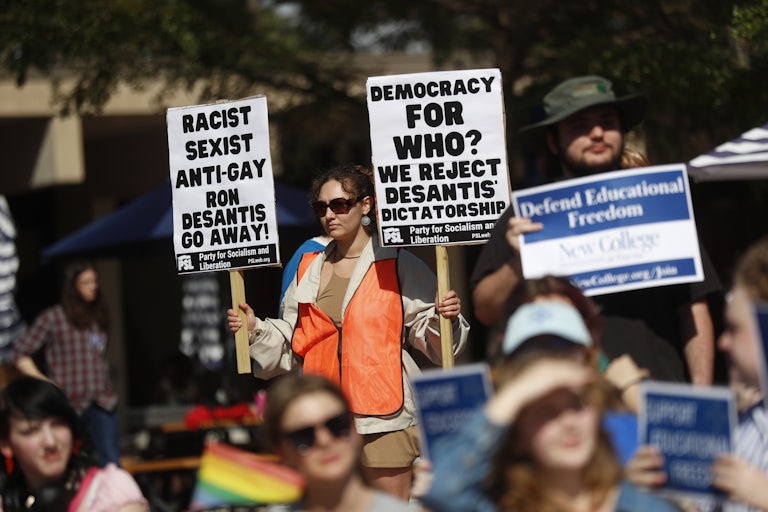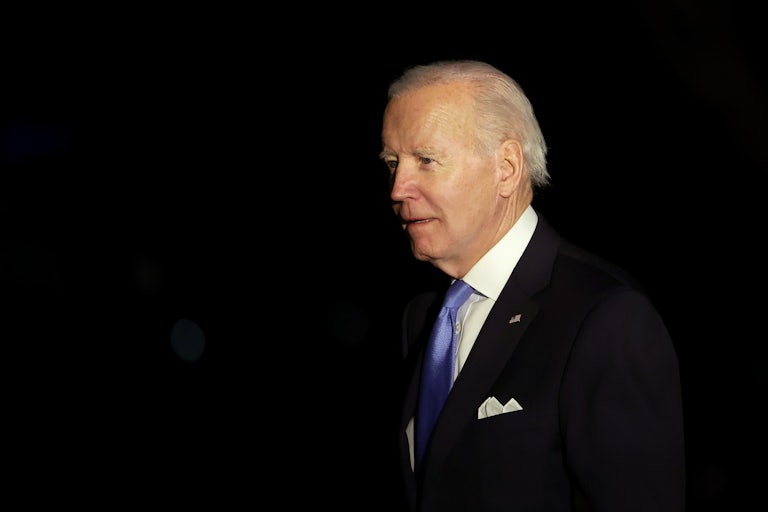Moderate Democrat Elissa Slotkin Enters Race for Michigan Senate Seat
Slotkin is seeking to replace outgoing Senator Debbie Stabenow, as Democrats try to defend their seat in the battleground state.
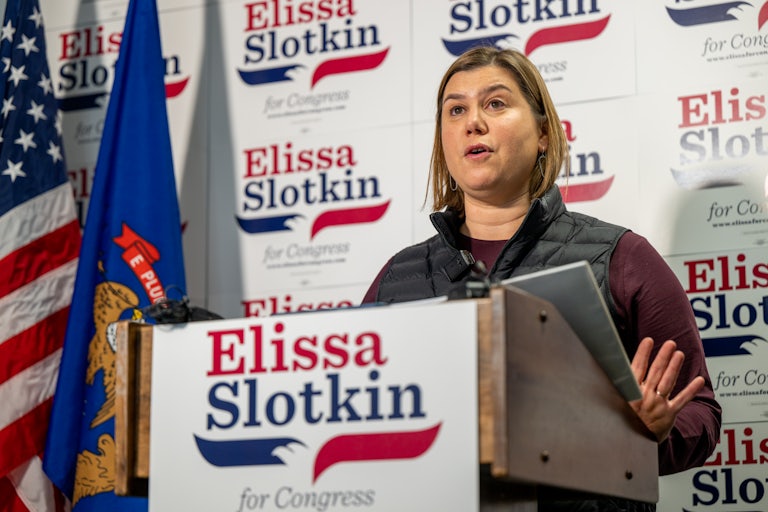
On Monday, Democratic Representative Elissa Slotkin announced her candidacy for outgoing Senator Debbie Stabenow’s Michigan seat. Slotkin is the first Democrat to enter what may be among the most highly contested and expensive Senate races in 2024.
In her announcement video, Slotkin highlights working for the Central Intelligence Agency and her experience working in the White House under both the Bush and Obama administrations.
Today, I’m announcing my run to be Michigan’s next U.S. Senator.
— Elissa Slotkin (@ElissaSlotkin) February 27, 2023
We need a new generation of leaders that thinks differently, works harder, and never forgets that we are *public servants* pic.twitter.com/L8cLgEUwnA
One primary focus of Slotkin’s announcement video was the tragic loss of her mother to ovarian cancer; the loss came following financial pang after pang, her mother grappling with the diagnosis without health insurance and even being forced to declare bankruptcy.
“We seem to be living crisis to crisis,” Slotkin said. “But there are certain things that should be really simple,” she continued, listing things like increasing domestic production, protecting children from gun violence, and protecting democracy.
Slotkin first entered Congress in 2019, riding the Democratic wave spurred in backlash to Donald Trump. She narrowly won, becoming the first Democrat to represent Michigan’s eighth district since 2001, when the seat was held by Stabenow herself. Slotkin was again narrowly reelected in 2020, after becoming one of the forefront voices to call for Trump’s impeachment. And in 2022, Slotkin ran in the seventh district, in what was among the most expensive House races of the year; in this race, Slotkin became the first ever Democrat endorsed by Liz Cheney.
The Michigan Senate seat is part of a larger challenging map for the Democrats. They’re defending 23 of the 33 seats up for reelection. Some, like Montana, Ohio, and West Virginia, are ones that Trump won by no small margins; others, like Michigan, Arizona, Nevada, and Wisconsin, are pivotal swing states whose results will reveal how strong a message the party really has.
But the moment is more than just about tough political races; it’s the consequences of the races that matter the most, of course. And the times—of cross-partisan-tolerated corporate greed leading to disaster, of mass shooting after mass shooting, of conservative attacks on everything from the basic humanity of LGBTQ people and migrant workers to Social Security and Medicare—require Democrats willing to go up to bat on each and every one of those battles.
While Slotkin has positioned herself to be a liberal in good standing (she has voted 100 percent of the time with Biden, was a leading voice on Trump’s impeachment, and has won close races while standing true to basic liberal ideals around abortion and health care), she also embodies parts of the Democratic establishment wedded to conservative impulses.
Slotkin opposed student debt assistance on a vote supported by 93 percent of the caucus, voted against 85 percent of her caucus on whether the United States should even study the impact of its sanctions on other countries, voted to overturn locally enacted criminal justice and voting rights reforms in Washington, D.C., and even voted against 94 percent of her caucus to bar security clearance from anyone who has used cannabis.
Slotkin also does not openly support Medicare for All, the Green New Deal, or abolishing the death penalty.
Primaries are meant for debate and for candidates to earn the support of their parties. Slotkin has led impressive wins before; while some candidates have bowed out of running, the party would do best to welcome, and not discourage competition. Previous attempts to anoint moderates in consequential races—from Kyrsten Sinema to Hilary Clinton—have not gone well.
Other potential candidates, like Secretary of State Jocelyn Benson, Representative Debbie Dingell, and former Representative Andy Levin, have not outwardly indicated their intentions yet. Slotkin is a proven formidable candidate. May she will have to continue proving herself—and whether her politics are the ones for this moment—against a field of candidates, rather than an open path.
